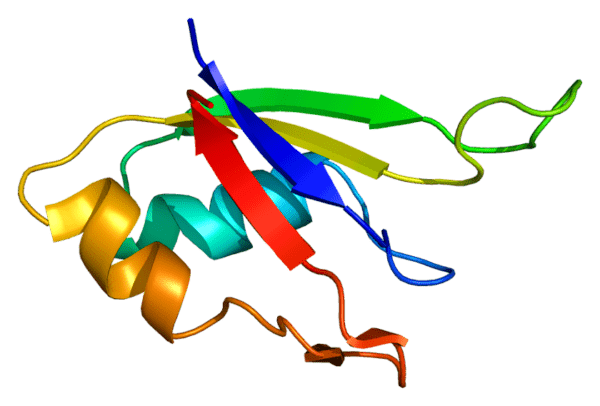In the last couple of years a team of international researchers have identified a new brain disorder. The discovery was made in May 2019 and the disorder it known as LATE; it is being described as a “new type” of dementia, where the symptoms mirror those of Alzheimer’s.
LATE is short for Limbic-predominant age-associated TDP-43 encephalopathy and the researchers have said that whilst it is a separate disease in its own right it can mimic the symptoms that we already associate with Alzheimer’s, in particular memory loss.
Dementia symptoms occur as a result of damage in the hippocampus, a part of the brain, and this might be caused by a number of different things. In Alzheimer’si t is most commonly the result of a build-up of toxic sticky proteins, amyloid and tau. This is where LATE differs, TDP-43, another toxic protein also builds up in the brain and this can cause damage to the same brain cells. This is why LATE presents with clinical symptoms which are similar to those in people with Alzheimer’s, and why until recently we didn’t know it existed.
It is believed that the LATE brain disorder affects those adults who are over 80 and that its progress is slower than that which can be seen with Alzheimer’s. The other key difference is that is seems to only affect the memory.
What does this mean for carers?
We already know that live-in care services offer a vital service for those who are living with Alzheimer’s, and other types of dementia. Being cared for in the familiar comforts of their own homes rather than a nursing home is beneficial for people living with dementia (see our “Better At Home” report). It can also reduce confusion and memory loss. In the earlier stages of dementia staying at home with loved ones, having photos and all their belonging around them can have very positive effects, and a live in care provider can help with those day to day tasks that might become an issue.
But that isn’t of course the only role that a live in carer can have in the life of a person. All too often they may be the first person to notice some of the early signs in an elderly person that would indicate that they are having problems with their health.
According to the research that has been carried out thus far into LATE, a live in carer who looks after someone who is over 80 years of age should look out for signs of memory loss. This may be little things that happen often such as forgetting names, but it may also take the form of memory loss about bigger things. Regardless, any signs of memory loss that appear in an older person are worth a discussion with the GP.
This is the only visible symptom that has been identified, which can make it difficult to spot the LATE brain disorder and, whilst it may be that the person in question is living with some form of dementia, it could also be an indication of LATE.





